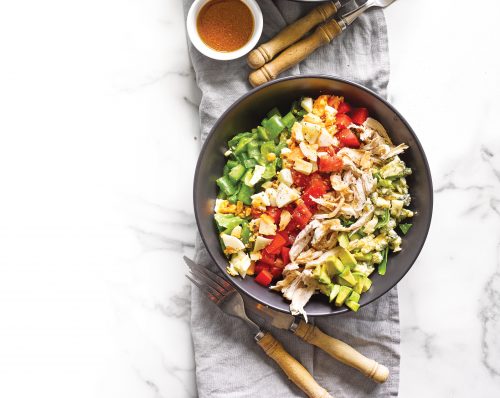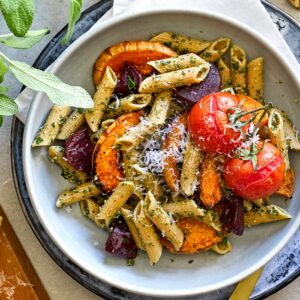
We’re seeing a lot about ‘plant-based’ eating right now. It’s all over Instagram. Last time I checked, #plantbased brought up more than 15 million posts. Plants are hot right now, it seems.
It also seems the term ‘plant-based’ has been adopted by vegetarians and vegans everywhere and is widely taken to mean a vegetarian or vegan way of eating. But who says?
In fact, there is no official definition of the term. We shouldn’t assume a plant-based diet is all tofu and nut milk, despite the headlines and social media hype.The headlines don’t help, though. “A THIRD of premature deaths could be avoided if we all cut out meat, Harvard study finds,” trumpeted the Daily Mail recently. The article went on to claim a plant-based diet was the way to reduce mortality.
Except that this wasn’t what the Harvard scientists claimed at all. And ‘the Harvard study’ was not a study at all, rather, it was a quoted comment from Walter Willett, an epidemiologist at Harvard University’s T.H. Chan School of Public Health. Professor Willett was speaking at a public health conference, where he didn’t actually say we’d all be better off giving up meat.
He said: “We have just been doing some calculations looking at the question of how much could we reduce mortality [by] shifting towards a healthy, more plant-based diet, not necessarily totally vegan, and our estimates are about one-third of deaths could be prevented.”
Note, Professor Willett uses a more literal translation of the term plant-based. To him, it simply means a varied diet based on plants. That’s what it means to me, too.
I am not a vegetarian or a vegan. But I am definitely a plant-based eater. I base my meals on plant foods, and I use meat and animal products as a garnish, not the main event. This is in line with how the healthiest people in the world eat – think the Blue Zones, think the Mediterranean diet.
It’s long been established that a pattern of eating based on minimally processed foods, close to nature and predominantly plants is decisively associated with health promotion and disease prevention. It’s also now established that the quality of the food we choose is key, too.
No matter what variation of ‘plant-based’ eating we follow – vegetarian, vegan or omnivorous – we need to think ‘quality’.
An interesting 2017 study, published in the Journal of the American College of Cardiology, found it is possible to be an unhealthy plant-based eater, just as it is possible to be a healthy one. The researchers found a plant-based diet that focused on healthful plants – whole grains, vegetables, fruits, etc, – was associated with ‘a substantially lower risk of heart disease’. However, a plant-based diet based on less healthy plant foods – think sweetened beverages, refined grains and sweets – had the opposite effect; the same as a less-healthy, Western-style, processed food diet.
Plant-based eating is what we’ve always promoted at HFG. It’s how I write my recipes: start with the veges, then add the other elements. It means every recipe ends up with at least two servings of veges, often more.
Cooking this way means we automatically eat less animal products, but they’re not banned. You can be a plant-based eater and still eat meat.
I think it’s time to reclaim the term plant-based to mean what it says on the tin. It can mean vegetarian or vegan, but it doesn’t have to. It just has to mean a way of eating that’s truly based on the health-promoting, delicious and versatile goodness of plants.
www.healthyfood.com










